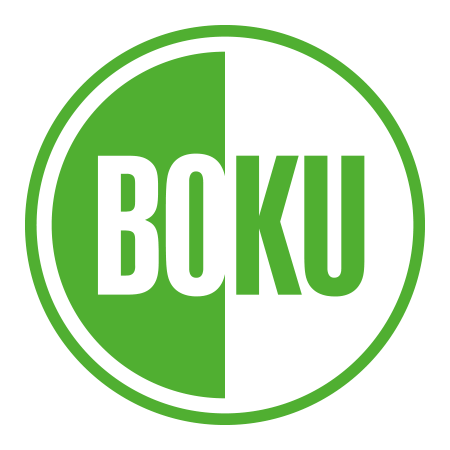BOKU — University of Natural Resources and Life Sciences (BOKU) is uniquely positioned at the vanguard of biotechnology. As one of the best life sciences universities in Europe, all thanks to its holistic approach to research and teaching, BOKU is where today's passionate students evolve into tomorrow's leaders tackling the biggest questions in science — think climate change, food security, biodiversity conservation, and more.
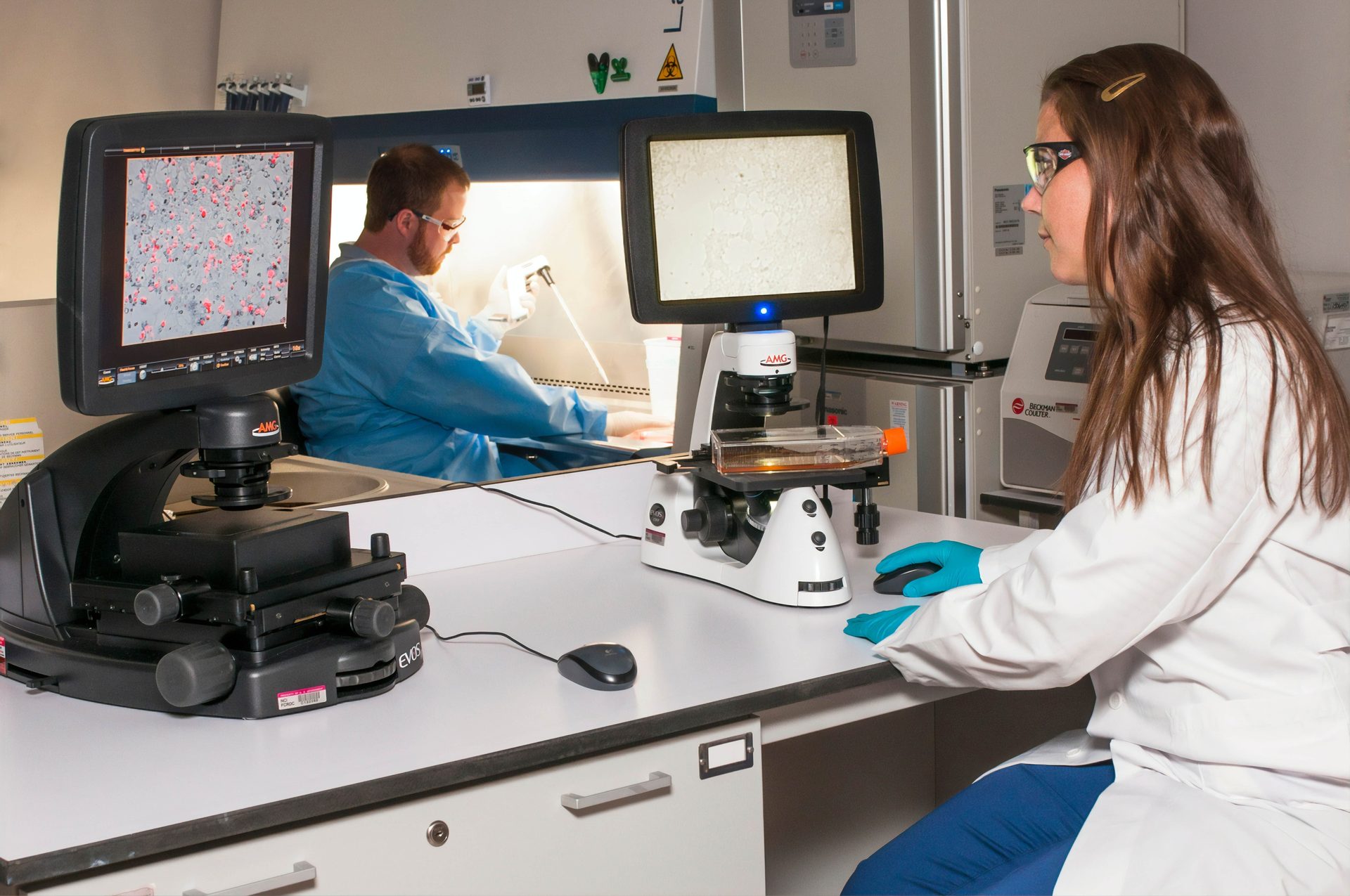
Its Master’s Programme in Biotechnology is how students sprint to success in this dynamic field. As a field that overlaps between biological sciences, chemistry and process technology, the programme teaches you how to use organisms, cells, and enzymes to manufacture, process, and prepare products from biogenic raw materials.
Step outside campus to discover Vienna, a city renowned for its high quality of life and affordable cost of living. With its history, cultural traditions, and location in the centre of Europe, studying here is a chance to immerse yourself in rich cultural attractions and highlights. From modern architecture to vibrant cafes, there’s plenty to see and do after a long day of lectures.
63.7
million euros in research
and development revenue
3
scientific centres
1,080
ongoing research projects
10,042
students

63.7
million euros in research and development revenue
3
scientific centres
1,080
ongoing research projects
10,042
students
Fact and figures
Master Programme in Biotechnology
BOKU's Master Programme in Biotechnology was designed alongside industry. You'll be able to choose from one of six optional specialisations: Bioinformatics, Bioprocess Engineering, Medical Biotechnology, Plant Biotechnology, Environmental Biotechnology, and Protein Engineering and Technology. The Medical Biotechnology specialisation is offered in cooperation with the Medical University of Vienna.
The curriculum features interdisciplinary basic courses in biochemistry, microbiology, molecular biology and bioprocess engineering. On top of providing scientific and technical courses, BOKU believes in the value of a student's personal development. Teachers promote critical thinking, teamwork, and effective communication.
A wide range of delivery methods is used to deliver a robust learning experience. Apart from seminars and lectures, BOKU has exercise and practical courses which are hands-on, allowing you to develop your practical skills under the guidance of a lecturer or through independent work.
What's more, there is a compulsory internship component, which lasts for at least four weeks. A compulsory internship seminar provides students with a thematic review of the internship experience.
With such preparation, you’ll soon be adding value in the public and private sectors confidently. You’ll be prepared to work in startups, research institutions, certification offices, consulting, and more. Given the interdisciplinary nature of this master's programme, the employment opportunities are diverse — ranging from jobs in scientific research and development in planning biotechnological processes to developing the process of producing biological substances. One survey showed that one-fifth of master's graduates found a job without even having to look for one.
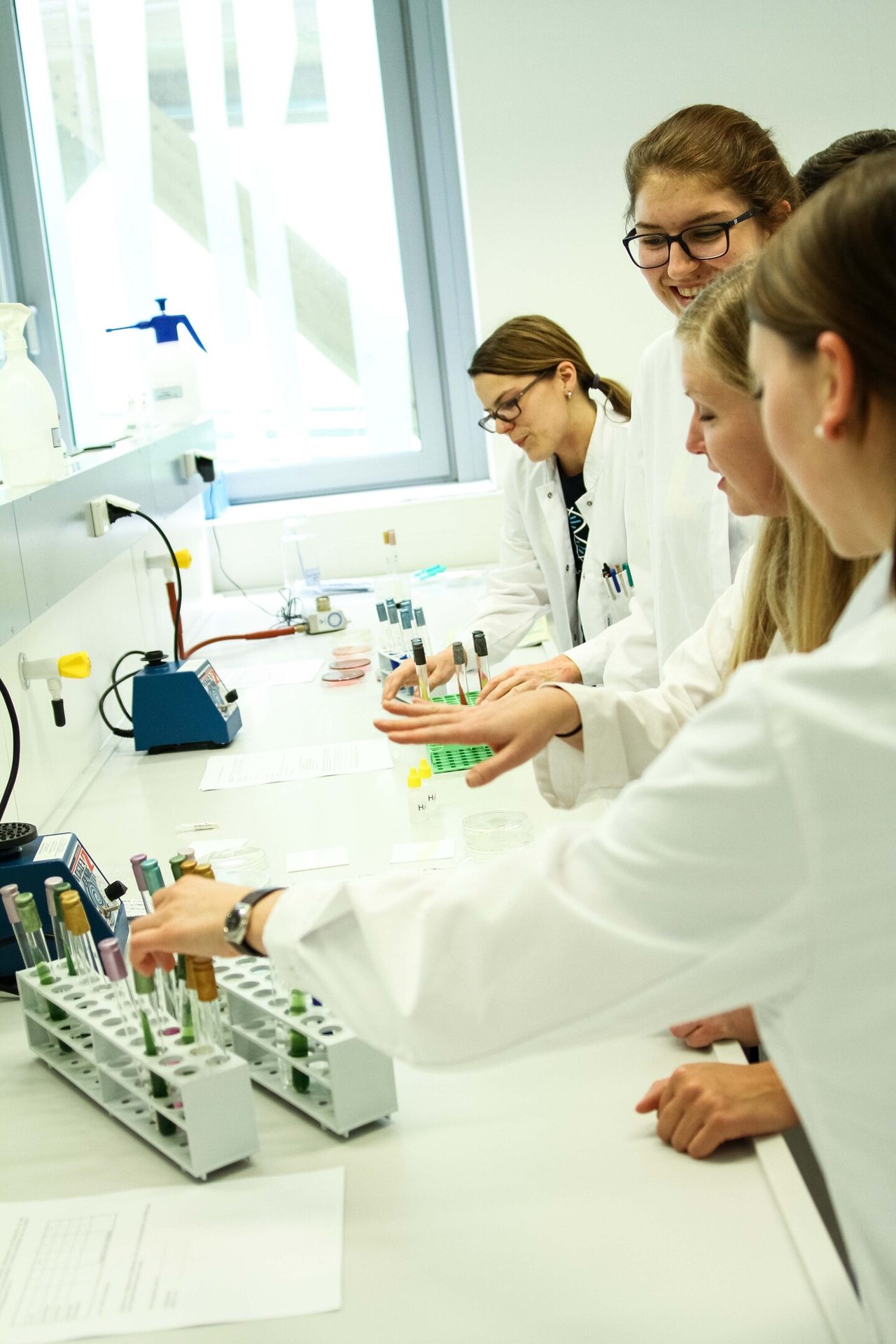
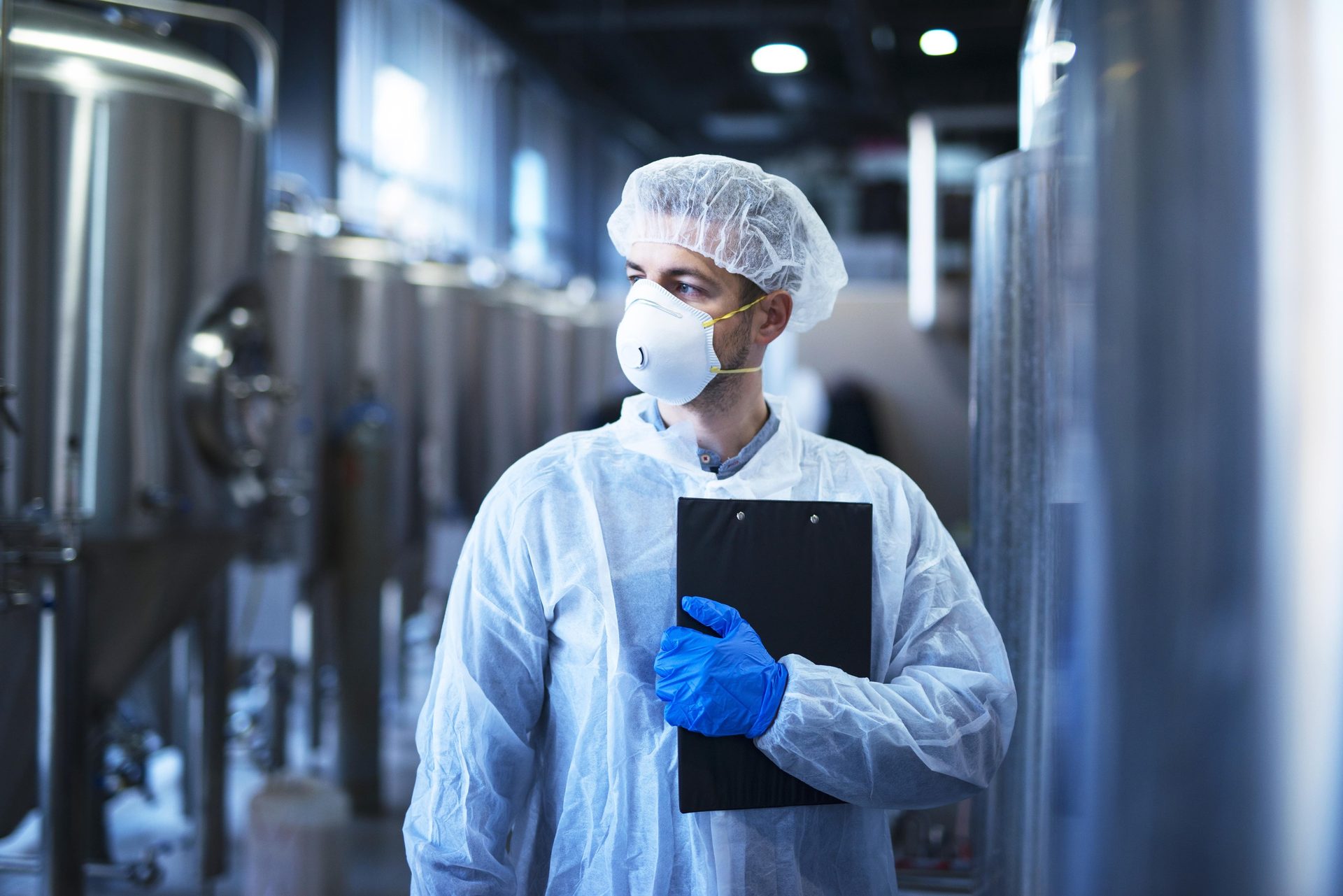
A glimpse into the modules you will study
You'll learn to appreciate the basic physical chemistry underlying biological phenomena from a biochemical perspective and use the relevant formula to tackle problems with a chemical or biochemical background.
Some of the contents covered in this course include an introduction to thermodynamics, binding of ligands to macromolecules, as well as catalysis and enzyme kinetics.
Biophysical chemistry
The lecture series introduces concepts, interactions and methods used in modern nano and interface science in the full range of fields relevant to biologists and biotechnologists.
Model-based teaching will be used along with state-of-the-art methodology, experimental implementation and applications in nanobiotechnology.
Biological nanosciences and nanotechnology
This hands-on course will teach you the fundamentals of chromatographic methods and their practical application for protein purification.
In the labs, there are opportunities to evaluate protein purity and protein stability, understand the basics of spectroscopic methods, and analyse proteins with different kinetic models.
Practical course in biochemistry
In this data-driven programme, it is vital that you understand the stories behind different numbers.
This course trains your ability to solve complex mathematical calculations using a wide range of mathematical software. Upon completion, you'll be able to analyse measured data and practical problems in a logical manner and judge the achieved results correctly.
Applied mathematics and biostatistics
While new inventions have the potential to impact many lives, learning the ins and outs of intellectual property law will help you protect your inventions, logos or fancy names and designs.
This module gives you an overview of the relevant regulations and procedures of the Austrian Patent Act, the Austrian Utility Model Act (GMG), the European Patent Convention, and the international Patent Cooperation Treaty (PCT) system.
Patent law and strategic patent management
Wonder how vaccines are developed? This course teaches you the principles of vaccine development, production and applications.
It will highlight various examples of infectious diseases, linking them to social and economic aspects, patient consequences, prevention of these diseases, and many more.
Infectious diseases and vaccines
Home to world-class research
BOKU has made a deliberate effort not to define its own range of competencies along strict disciplinary lines. Its research is instead organised into six competence areas: Ecosystem Management and Biodiversity; Agricultural Production and Food; Renewable Raw Materials and New Technologies; Biotechnology; Landscape, Water, Habitat and Infrastructure and Resources and Social Dynamics.
What sets biotechnology research at BOKU apart from others like it is that the entire range of biotechnologically relevant prokaryotic and eukaryotic organisms is used. Some of the research in this area includes the analysis of cell surfaces and biofilms, metabolism and cell engineering, discovery and classification of bioactive metabolites, and many more.
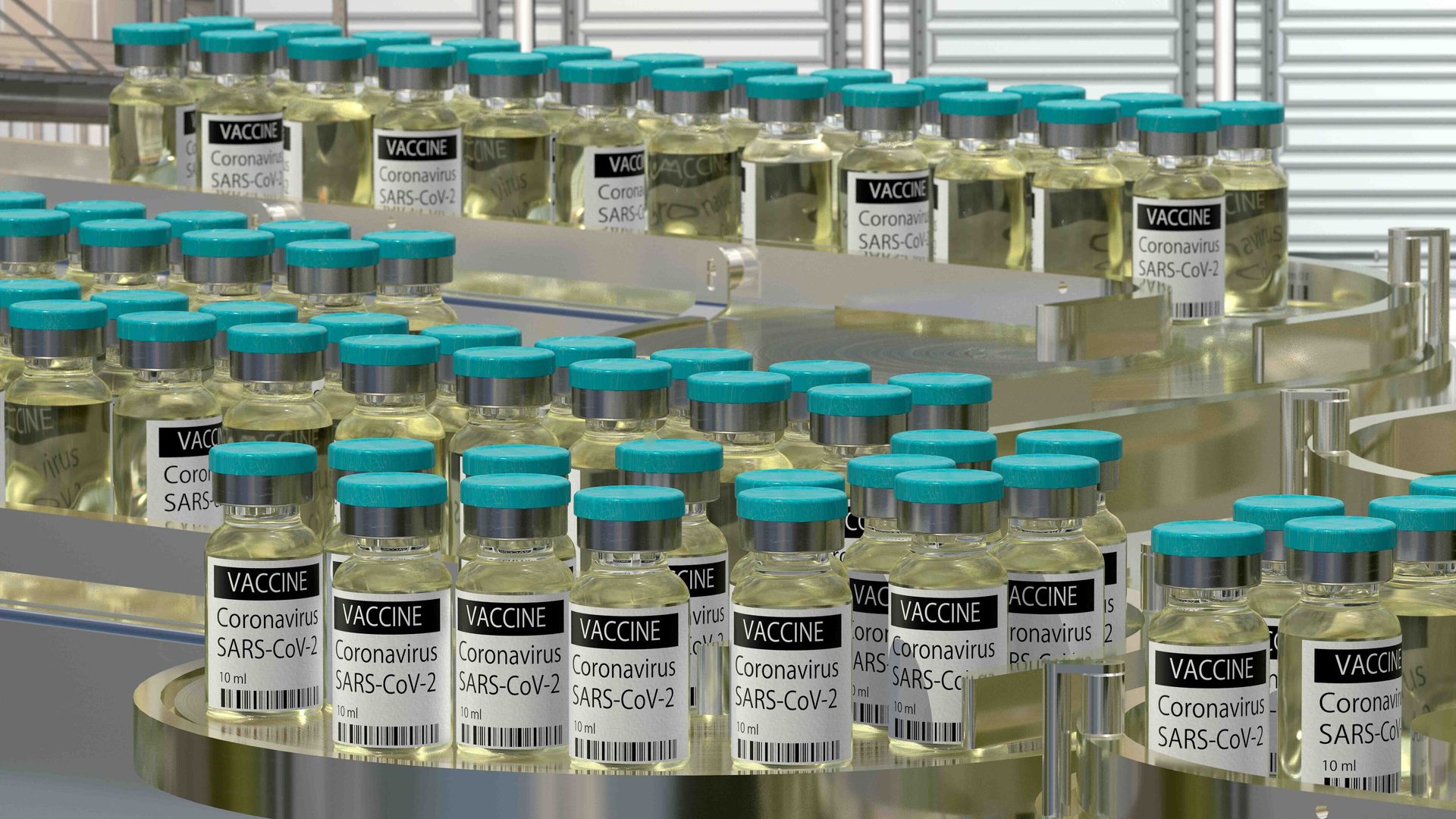
On top of this, new research areas in relation to bioprocess engineering, nanobiotechnology and bio interfaces are being pursued and expanded. Picture working on gene therapy vehicles, vaccines, and 3D cell cultures.
All of this takes place in top-notch facilities. The Austrian Centre of Industrial Biotechnology, for example, develops sustainable, environmentally friendly, and economically and technically advanced processes for biotechnology, pharmaceutical and chemical industries. Work done here also contributes towards the UN Sustainable Development Goals.
This article is sponsored by Boehringer Ingelheim, a global, research-driven pharmaceutical company that aims to serve humankind by improving human and animal health. A top biotechnology employer, the company is behind breakthrough therapies that transform lives, today and for generations to come.

A world-changing education awaits at BOKU University of Natural Resources and Life Sciences, Vienna

Copyright © 2023 Study International, official representative of BOKU

